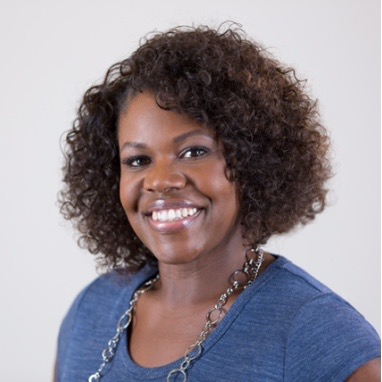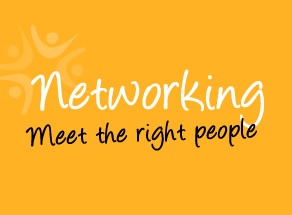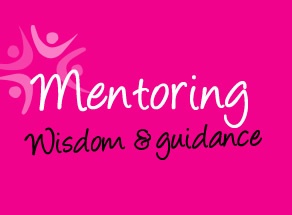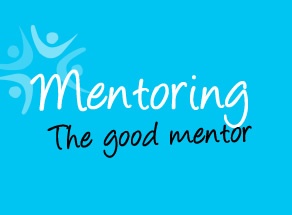
Empowering People to Do Their Life’s Greatest Work
09/17/2020 06:00AM | 3125 viewsBy Kim Perez
Tiffany King always felt it was her mission to make sure people are treated equitably and are empowered, especially in their work environment.
She had planned to become an employment lawyer, but rather than going straight to law school after college, she started working and got married (love over law school … as it should be).
Turns out, her vision of her career mission was accurate – it just took a different form.
Today she is the Director of Equity, Inclusion and Diversity for Banfield Pet Hospital – the largest general veterinary practice in the U.S. – which means she creates environments where people can thrive in their work. Banfield has long been committed to attracting diverse talent, and the company has recently stepped up its efforts for equity and inclusion. King is leading the charge.
“I know I’m in this role for a reason,” she said. “It’s exciting to know the magnitude of the impact you’re making – where you’re given a white board to design and create change. It is an awesome responsibility.”
She started by going on what she called a soul-searching journey, having conversations with as many Banfield associates as possible. She listened to people with the goal of learning what they need in order to feel like they can thrive.
“At Banfield, we strive to build an equitable and inclusive workplace that engages the voices and insights of all of our associates,” she said.
To that end, she considers herself a culture ambassador – which means she not only works to create environments where people are respected and can thrive, but also strives to help other leaders see their own role in lifting people up and treating them well.
Doing Your Life’s Greatest Work
“I’ve always felt passionate about making sure people are treated ethically,” she said. “I struggle when I see injustice. It pains me. I’ve always had a lot of passion around that.”
After graduating from North Carolina State University with a bachelor’s degree in English, King worked at a call center – where her director promoted her to supervisor and then left the company. With her director gone, suddenly King had to fill the open customer service positions – even though recruiting was something she’d never done before. Some of her colleagues were students of a local technical school, so King reached out to that school’s career center and asked them to start feeding her talent.
From there she went to a utility company where she started in customer service, but within a year became a recruiter – after the hiring manager learned of her creativity and innovation in setting up a recruiting strategy at her previous company.
Several pivotal moments have shaped her career and prepared her for the role she has today.
She became a human resources (HR) generalist for the Department of Taxation for the State of Virginia. The department was automating processes that were previously done manually, and King’s director asked her to take a lead on that project. She helped revamp the department and helped people adjust to the changes – no small feat considering some people had never seen a computer or used a mouse.
“This project was pivotal in terms of my career,” she said, “giving me experience with building something from zero, and helping me learn organizational design and development.”
After that, King spent four years as a human resources manager for Starbucks, then moved on to Apple where she worked her way up from regional HR manager to director of HR to director of Inclusion and Diversity Talent Programs.
She said her experience with Inclusion and Diversity at Apple helped her see that she could make a difference. In that role, she collaborated with HR to identify and attract talent from historically black colleges and universities (HBCUs) into STEM positions.
“We were trying to solve for something that went beyond one company – we were responding to this larger socioeconomic issue of the limited number of people of color in the tech industry,” she said. “Because of Apple’s position in the world, we felt we could make an impact. We had previously hired talent from HBCUs, but we hadn’t had a program with a specific focus on bringing that talent into Silicon Valley.”
She was moved by the response when she asked the first class of scholars what they thought about the program.
“They told us: ‘Your program made my dream a reality.’ That was a pivotal moment in understanding the power we have to open the door for so many people. We hold the key many times. That will stick with me forever.”
‘I’m in the right place.’
And that’s why she’s so excited about the inclusion work she’s doing at Banfield. She said it’s about taking care of people so they know they’re working in an environment where others genuinely care about their wellbeing, their voice and what matters to them.
She’s passing along an example set by her own family. After King’s husband passed away nine years ago due to complications from a surgery, her parents moved in to help her and her two sons.
“My mom was first the Black woman vice president at a bank in the early 80s, but in that moment she told me she’s retiring and moving in to help me so I could continue to move forward with my career and pursue my life’s work,” said King. “It takes a village, and I’m very fortunate to have a family who helped me raise two of the best young men a mom could have.”
King pays that forward every day by helping others feel empowered to pursue their own life’s work.
“I get to create environments where people can thrive in their work,” said King. “This is what I’m supposed to be doing in my life. It gives me such a great sense of satisfaction.”
She started off thinking she wanted to go into employment law to stand up for equitable treatment and ended up having a direct impact on how associates are treated every day.






Post your Comment
Please login or sign up to comment
Comments